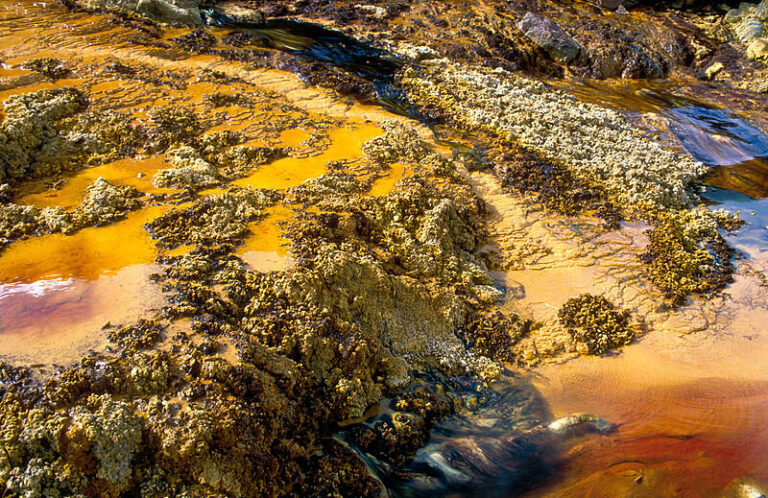Waste Energy Definition, Principle, and Importance Explained
Waste energy is energy which is either unused, unconverted, or produced from waste-to-energy processes. This article discusses waste energy definition, working principle, and importance, as outlined below;
-Waste Energy Definition: 5 Ways to Define Waste Energy
-Waste Energy Working Principle: How Waste Energy Works
Waste Energy Definition: 5 Ways to Define Waste Energy
Waste energy is energy which is not used to do work.
Below is an alternative waste energy definition that describes the concept based on systemic losses and unfavorable conversions,
Waste energy is unused energy that is lost from a system as a result of conversion to heat, and subsequent dissipation, through friction or other related mechanisms [2].
Above, it is implied that waste energy is a systemic problem caused by inefficiency. The following waste energy definition further clarifies this;
Waste energy is any form of energy which indicates poor energy conservation and efficiency of a system, by being lost to the external environment.
Another waste energy definition, describes the concept based on mechanisms and methods that are used to mitigate energy wastage;
Waste energy is unused energy which is either extracted from waste materials through waste-to-energy and recycling methods, or put to use through cogeneration and other energy recovery approaches.

Cogeneration, energy recovery, and waste-to-energy concepts all relate to the process of putting waste energy to use, for heating or electricity generation, among other applications.
The generation of electricity is related to sustainability problems like resource depletion, soil and water pollution, greenhouse emission, and other forms of environmental degradation [1].
In the waste energy definition below, links to environment impacts of energy are highlighted;
Waste energy is energy that is lost in efforts to generate electricity, provide domestic heat, and power industrial processes, and whose release into the environment is often associated with global warming, poor air quality, soil and water degradation, and climate change.
Waste Energy Working Principle: How Waste Energy Works
Waste energy works by reactive transformation, and conductive transfer. These are the two main mechanisms by which energy is lost from any system. They are each discussed briefly below;
1). Reactive transformation occurs when other forms of energy like chemical energy from fossil fuels, are converted to heat and lost to the environment as a result of reactive processes like friction and chemical transformation.
This can occur in all energy systems (and energy management systems) in which energy is transformed from one form to another, in the process of use. Examples of such systems include electric generators, hydroelectric turbines, geothermal facilities, hydrogen fuel cells, nuclear power plants, and wind turbines.
2). Conductive transfer refers to any mechanism that enables unused energy (usually in the form of heat) to escape from a system.
It may be alternatively referred to as ‘heat transfer’, and is the same process by which waste energy can be captured or recovered.
Waste energy is produced by unwanted reactive processes between energized bodies or systems that causes them to exchange and lose work function, without doing any useful work.
Importance of Waste Energy
Waste energy is important because it can be used for various important purposes, so that its conservation helps the environment, economy and society.
The importance of waste energy is based on its potential role toward achieving sustainable development.
Conclusion
Waste energy is energy that is lost from a system through friction, conduction or chemical reaction, without being used to do work.
The working principle of waste energy is based on reactive transformation and conductive transfer, both of which lead to the accumulation and dissipation of unused energy.
Waste energy is important because its conservation can improve the environment, economy and society.
References
1). Dorji, G. (2015). “Environmental aspect of electric energy generation.” Available at: https://doi.org/10.13140/RG.2.1.2985.4487. (Accessed 21 September 2022).
2). Easa, A. S.; Khalaf-Allah, R. A.; Al-Nagdy, A. A., Tolan, M.; Mohamed, S. M. (2022). “Experimental study of saving energy and improving Stirling water dispenser performance using the waste heat of both pistons friction.” Applied Thermal Engineering 213(1):118727. Available at: https://doi.org/10.1016/j.applthermaleng.2022.118727. (Accessed 21 September 2022).



